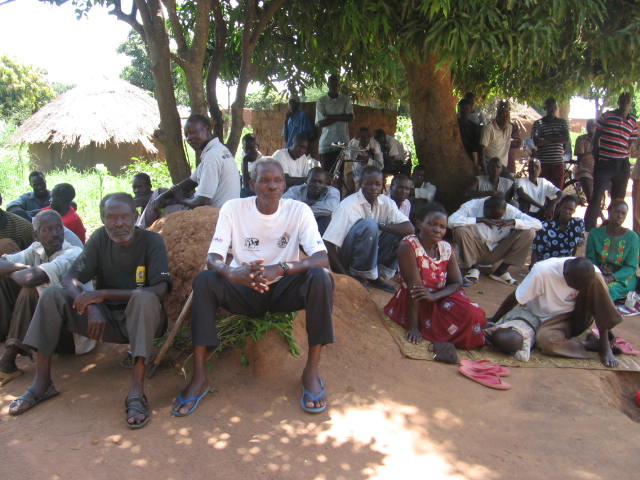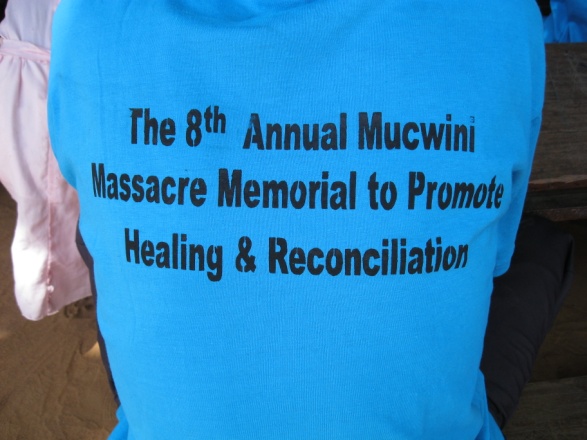On Tuesday 18th July 2012, the Justice Law and Order Sector (JLOS) released its long awaited study on traditional justice and truth-telling. The one day launch event took place at Imperial Royale Hotel in Kampala. The report contained findings of a study on traditional justice mechanisms of tribes all over northern Uganda, and truth telling mechanisms. The report made policy recommendations on adoption of a national policy on truth-telling and traditional justice.
Following the launch of this report, JRP’s Community Documentation department decided to conduct a brief situational analysis on truth-telling within local communities, to analyze local perceptions and opinions on the subject. The situational brief has eight questions assessing the areas of:
• Community members’ knowledge on truth seeking process;
• Relevance of a truth seeking process
• Types of truth they would like revealed
• Timing of the truth seeking process and whether it is overdue or not
• Methodology; truth commission vs local level truth telling
• Leadership; who do they think should lead the process
• Consequences of a truth seeking process
• Voluntariness; Whether the process should be voluntary or not.
The situational brief was conducted in Awach, Koch-Goma, Lukodi, and Gulu Town. Read the findings below (PDF format):
Situational Brief – Current Perceptions on Truth-Telling in Gulu District



